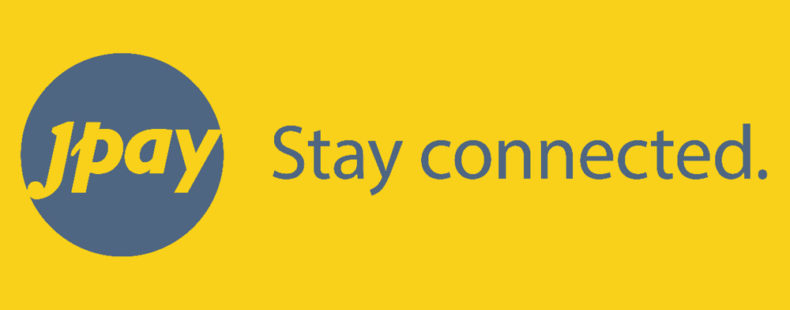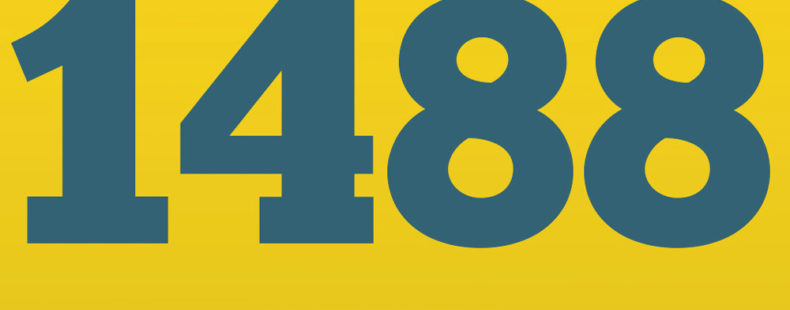pie
To most of us, pie conjures up an image of a pastry with fruit filling, yum … but to drug dealers (or users) pie refers to a kilogram of drugs, usually cocaine.
The slang pie is evidenced by the 1990s. A dealer would get a kilogram (kilo) of cocaine and cut it up for lower-level dealers to distribute—like a regular pie, just for a very different kind of craving.
This pie was first just used as a reference to drugs by those in the urban drug-dealing community. It spread to a wider audience when black hip-hop artists incorporated the drug-dealing lingo into their hit songs.
In 1997, for instance, rapper Sean “Puff Daddy” Combs released “Can’t Nobody Hold Me Down” on his first solo album No Way Out, a Billboard #1 hit. The track featured rapper Mase, who says of Combs: “There’s no guy slicker than this young fly nigga…Did Fed time, outta town pie-flipper.” Pie-flipper alludes to Combs’s short-lived drug-dealing when he was a student at Howard University, though he never served Fed time, or a federal prison sentence.






















